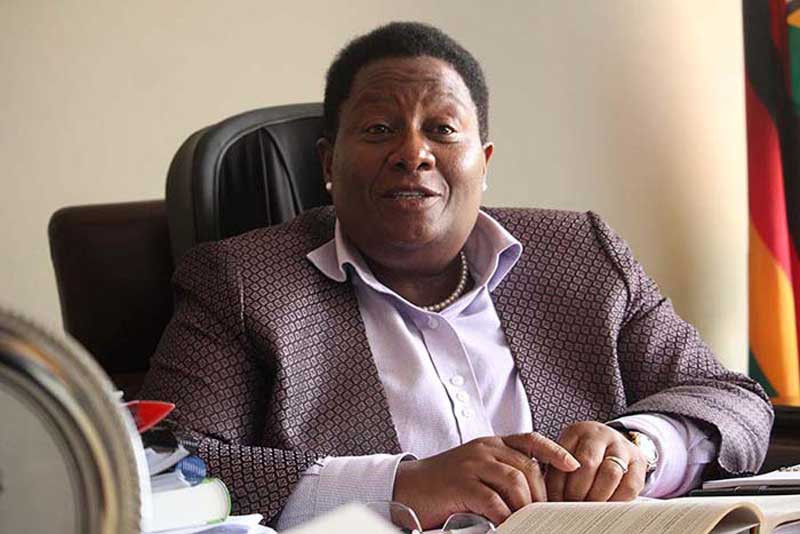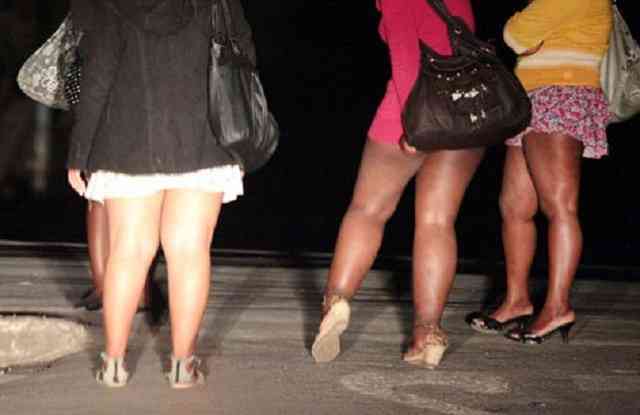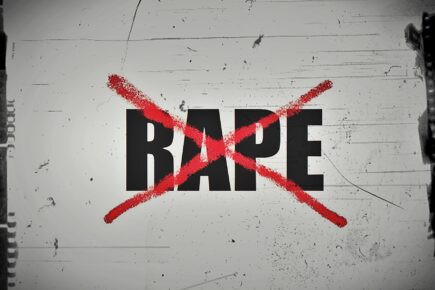
Ministers, their deputies and heads of other government departments have been dodging anti-corruption meetings in a development analysts say exposes lack of political will to fight graft.
Last week, top government officials were absent at the third quarter National Anti-Corruption Steering Committee (NACS) meeting held in the capital, a high level policy platform aimed at fighting corruption in the country.
The NACS is composed of key ministries such as Finance, Home Affairs, Justice and other government institutions such as the Zimbabwe Anti-Corruption Commission (Zacc), the National Prosecuting Authority (NPA), Zimbabwe Republic Police (ZRP), Reserve Bank of Zimbabwe (RBZ), Zimbabwe Revenue Authority (Zimra) and Auditor-General among others.
At the NACS meeting, Zacc chairperson Justice Loice Matanda Moyo blasted the ministers for failing to prioritise the fight against graft.
President Emmerson Mnangagwa promised to fight corruption when he assumed office in 2017.
Mnangagwa went on to establish the Special Anti-Corruption Unit (Sacu) in his office and NACS to prove his determination to fight graft.
Zimbabwe Coalition on Debt and Development (Zimcodd) programmes manager John Maketo said there was no political will to fight graft.
“The trend of ministers failing to attend official business on issues that affect the ordinary people is very worrisome,” Maketo said.
- Punish parents who don't vaccinate children: Mliswa
- Muckracker : From Young Mayor to the 'small house' saga: Everybody is happy
- Parly approves 2022 supplementary budget
- Calls for probe into Parly laptops saga
Keep Reading
“This demonstrates lack of will at the highest level to combat corruption or address various other issues that affect the public.
“What is surprising is that the same ministers never miss an opportunity to attend meetings outside the country.”
Economist Gift Mugano said Zimbabwe was losing billions annually through corruption.
“So when ministers fail to attend crucial meetings to discuss ways of curbing financial leakages, they will be doing a disservice to the citizenry,” Mugano said.
“Logically, the idea that the ministers form that committee tells the importance of such a meeting but the ministers are defying that logical thinking.”
The 2020 Transparency International Corruption Perception Index ranked Zimbabwe 150 out of 187 highly corrupt countries.
Statistics show that over the past 42 years alone, the country reportedly lost over US$100 billion to corruption.
Several Cabinet ministers and bigwigs have been arraigned before the courts over corruption involving millions of dollars but very few convictions have been secured.
Former Health minister Obadiah Moyo torched a storm in 2020 on allegations of abusing US$60 million Covid-19 funds but was let off the hook at the courts.
In 2019, another former minister Prisca Mupfumira made headlines after she was nabbed for allegedly abusing US$90 million National Social Security Authority (NSSA) funds.
Gokwe-Nembudziya legislator Mayor Wadyajena was recently arrested for abusing US$5.4 million Cotton Company (Cottco) funds.
Norton independent legislator and member of the NACS committee Temba Mliswa said corruption was the country’s biggest pandemic.
"When the ministers fail to actively participate in efforts to combat corruption, it shows that they are part of that corruption and they don't want to fight against themselves," Mliswa said.
“It’s not like they are busy. It's just a lack of seriousness on the subject of corruption.
“Even in Parliament sittings, most ministers rarely attend.
“That’s why they fail to implement policies adopted by the Cabinet. It is because they would be ill-informed and detached from reality from the grassroots."
Information deputy minister Kindness Paradza said ministers were sometimes busy with other commitments and ended up failing to attend NACS meetings.
“It was agreed that ministers or their deputies should attend the NACS meetings in their capacities, but sometimes they will be having other compelling commitments. Its not deliberate absenteeism,” Paradza said.










